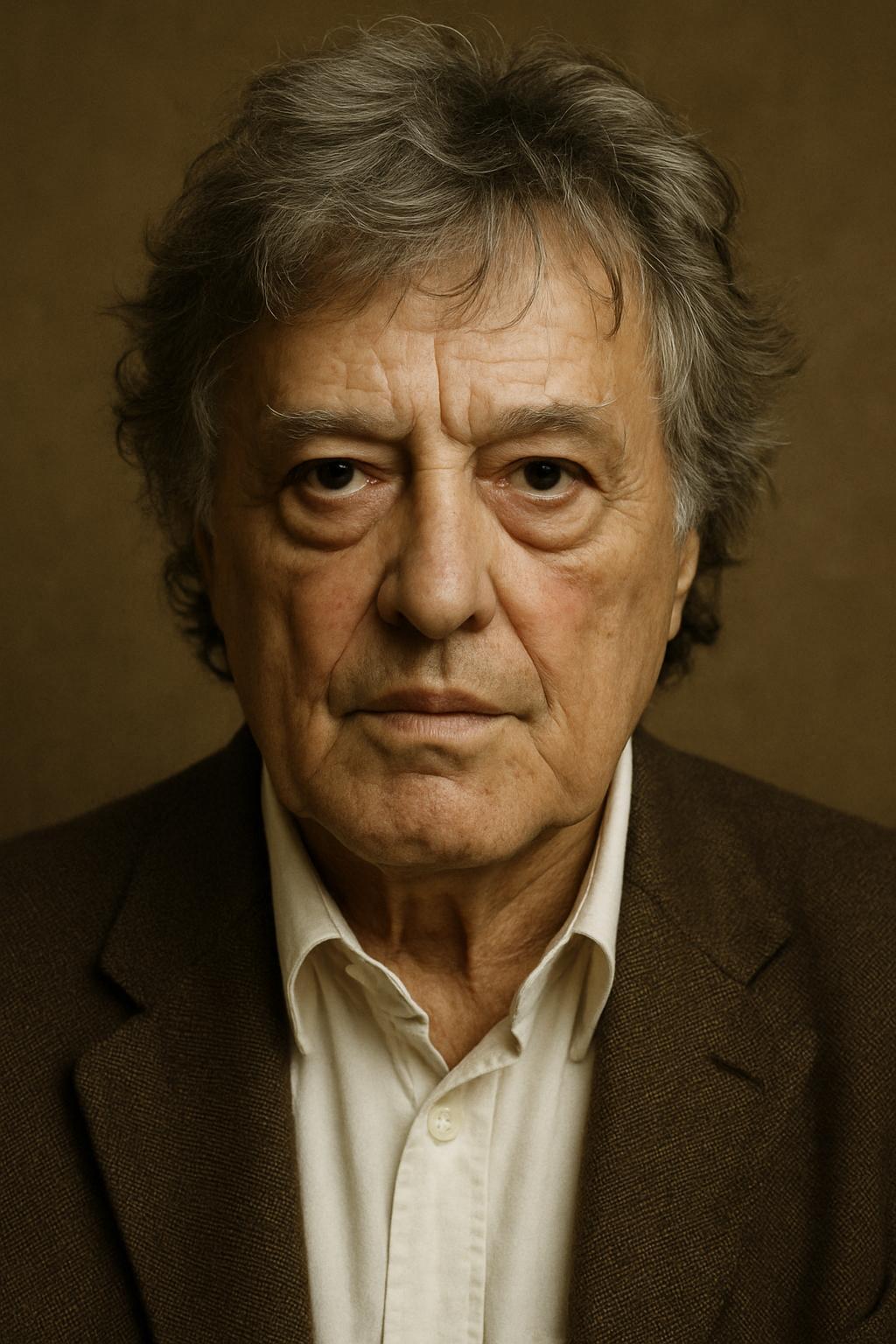
Thursday, June 12, 2025
Every exit is an entry somewhere else.
Join over 4 million Americans who start their day with 1440 – your daily digest for unbiased, fact-centric news. From politics to sports, we cover it all by analyzing over 100 sources. Our concise, 5-minute read lands in your inbox each morning at no cost. Experience news without the noise; let 1440 help you make up your own mind. Sign up now and invite your friends and family to be part of the informed.
Expanded Meaning:
This quote reminds us that endings are not final—they’re often transitions. When something concludes in our lives—be it a job, a relationship, a phase, or a dream—it can feel like loss or failure. But Stoppard urges us to reframe those exits not as dead ends, but as doorways to something new. Every exit paves the way for fresh opportunities, unfamiliar paths, and personal growth.
The quote encourages trust in the natural ebb and flow of life. We often resist change because of fear or uncertainty, yet it is precisely through these departures that we evolve. An “exit” may close one chapter, but in doing so, it opens space for a new one—one that may be richer, more aligned, or unexpectedly fulfilling.
Much like in theater, where Stoppard’s expertise lies, one character’s exit makes room for another’s entrance. Life mimics this pattern. As people, roles, or seasons leave our lives, we’re not left in a void—we’re standing on the threshold of the next act.
Context and Origin:
Tom Stoppard is a renowned British playwright known for his intellectually rich, witty, and often philosophical works. The quote comes from his 1971 play Rosencrantz and Guildenstern Are Dead, a tragicomedy that explores existential questions through the perspective of two minor characters from Shakespeare’s Hamlet. The play deals with themes like fate, free will, and the nature of beginnings and endings—making this quote especially poignant within its context.
In the play, characters frequently ponder the meaning of events and their place in the world, and this line subtly reflects the larger existential theme: even when something seems to end, it may simply be a redirection—a transformation rather than a termination.
Takeaway:
When facing an ending, remind yourself: it may hurt, it may be uncomfortable, but it also carries the seeds of renewal. Sometimes what feels like loss is really life’s way of clearing space for something better. Trust that every “exit” in your story is setting the stage for a meaningful “entry” into what comes next.

Book – Transitions: Making Sense of Life's Changes by William Bridges
A timeless guide on how to manage personal and professional transitions with clarity and purpose.Podcast – On Being with Krista Tippett
Offers thoughtful conversations on navigating life’s big questions, including change, loss, and transformation.Article – Why Endings Are Just Beginnings in Disguise (Psychology Today)
A short and insightful read on reframing endings as growth points.TED Talk – The Art of Letting Go by The Minimalists
Explores how releasing what no longer serves you creates room for meaningful change.Quote Collection – Brain Pickings by Maria Popova
A treasure trove of wisdom from literature and philosophy about change, resilience, and renewal.



